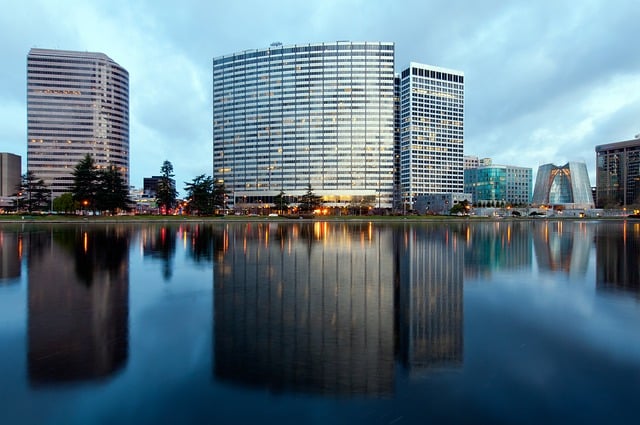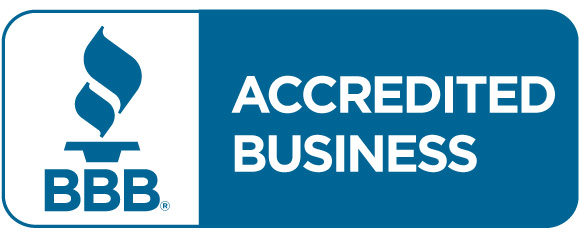Distinctions between Commercial and Industrial Bay Area Roofing
San Francisco Commercial Roofing Pros
The Bay Area is renowned for its diverse skyline, marked by a mix of commercial and industrial structures that contribute to the region’s economic vibrancy. At the heart of these buildings lies a critical component often overlooked – the roofing. Commercial roofing in the Bay Area plays a pivotal role in safeguarding businesses and their assets from the unpredictable elements of the Northern California climate. In this blog, we delve into the nuances of Bay Area roofing, shedding light on the distinctions between commercial and industrial roofing.
The Bay Area’s commercial landscape boasts a variety of structures, from office buildings and retail spaces to hospitality establishments. Bay Area roofing systems are designed to meet the specific needs of these structures, emphasizing factors such as aesthetics, energy efficiency, and weather resistance.
One common choice for Bay Area roofing is flat roofing, particularly because it accommodates HVAC equipment and solar panels, both essential in a region that values sustainability. Flat roofs are typically made from materials like modified bitumen, TPO (thermoplastic polyolefin), or EPDM (ethylene propylene diene terpolymer), providing durability and low maintenance.
Additionally, cool roofing technologies have gained popularity in the Bay Area, reflecting the region’s commitment to energy efficiency. Reflective roofing materials help buildings maintain lower temperatures, reducing the need for excessive air conditioning during the warm California summers.
Differences between Commercial and Industrial Roofing:
While the terms “commercial” and “industrial” roofing are often used interchangeably, they refer to distinct categories with unique considerations.
- Function and Purpose:
- Commercial roofs are primarily designed to protect businesses, enhance aesthetics, and promote energy efficiency.
- San Francisco industrial roofing provides structural support for heavy equipment, machinery, and manufacturing processes.
- Materials and Construction:
- Commercial roofing often involves lightweight materials suitable for flat or low-sloped roofs, emphasizing design flexibility.
- Industrial roofing requires robust materials capable of withstanding heavy loads and harsh conditions, often seen in steep-sloped structures.
- Maintenance and Durability:
- Commercial roofs typically require routine maintenance to ensure longevity and energy efficiency.
- Industrial roofs demand stringent maintenance protocols due to the heavy equipment and machinery they support.
Bay Area Roofing for Commercial and Industrial Property
As the Bay Area continues to evolve, so too does the demand for reliable and efficient San Francisco commercial roofing. Whether it’s a sleek office building in San Francisco or a robust industrial facility in Oakland, understanding the distinctions between commercial and industrial roofing is essential for architects, builders, and business owners alike. Bay Area commercial roofing thrives on its ability to adapt to the unique needs of diverse structures, providing a protective shield that keeps the region’s businesses thriving in the face of environmental challenges. Don’t hesitate to contact Ben’s Roofing today.




